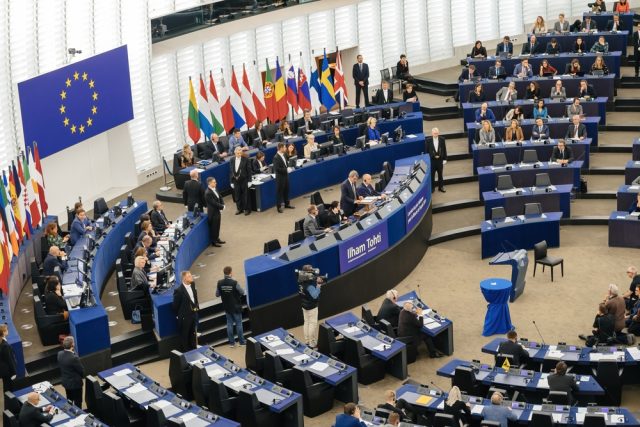
The context in which we live today is characterised by an increasing interconnectedness: between people, between states, between economies. We can therefore say that every part of the world is connected and linked to the other. This interconnection, characteristic of today’s fully globalised world, has both positive and negative aspects.
On the one hand, there are benefits arising from the fact that it is now possible to reach anywhere, both physically and digitally, and it is also possible to increase one’s chances of getting rich. One only has to think of the possibility of increasing one’s export business to different markets, thus expanding one’s consumer base worldwide. Or the possibility of getting one’s thoughts even thousands of kilometres away simply by using a smartphone or tablet.
In this view, therefore, the ever-closer connection that exists between the parties would seem to be a decidedly positive factor. However, it must be remembered that there are always two sides of the same coin.
And so, of course, there are also many negative aspects, capable of amplifying phenomena that until recently had a more restricted nature.
The most emblematic example of one of the phenomena that has amplified and spread more and more thanks to new tools and technologies is undoubtedly that of terrorism.
In fact, terrorism has recently taken on an increasingly international and digital form, putting at risk various components of society that were previously not so at risk.
This has created the need to remedy and try to curb this dramatic phenomenon, which with new technologies has become increasingly pervasive, more dangerous and more difficult to detect and curb.
On 12th July 2023, the European Parliament met in Strasbourg and debated precisely on the subject of terrorism and the need to find new instruments that could be useful in tackling this complex issue.
Today it is the so-called Eurojust, which stands for the European Union Agency for Judicial Cooperation in Criminal Matters, which deals with this area, especially with regard to the dissemination of useful information between states and with regard to the criminal aspect.
However, different problems have emerged in the system used until now, which has not allowed terrorism to be looked at in a new and different light, showing the weaknesses of a system that is no longer up-to-date and does not meet the needs of today’s reality.
The text that was presented and put to the vote was approved with 623 votes in favour, 26 against and 4 abstentions.
The proposal aims to address the shortcomings of the Eurojust system, which is technically underprovided. The aim is to create a new, more modern and digital system that provides better tools to store and cross-check information.
Moreover, it is intended to enable Eurojust to better identify links between cross-border investigations and prosecutions in the field of terrorism. Another important issue is the need to inform Member States of the links found and to facilitate cooperation with third countries.
In this way, Eurojust will work better, sooner and it will help to combat terrorism in each possible way.
Patryk Jaki, EP Rapporteur (ECR Group), regarding this issue declared as follows: “Too often, counter-terrorism investigations are hampered by a lack of information sharing between EU countries. We wanted to make sure that data is exchanged at an early stage of investigation and that the exchange includes all necessary types of data”. And he added: “I am confident that this law can illuminate the links between different investigations and help authorities to gain the whole picture. As a result, it will create a system that enhances our security and makes the European Union safer”.
The approved proposal aims to contribute to the realisation of a safer European Union capable of fighting terrorism in all its forms. Providing the EU with all possible tools to tackle this difficult job is crucial. Above all, these tools must be able to cope with the new challenges and changes our society is experiencing, by abandoning, where necessary, techniques and procedures that may be obsolete and useless.



 Subscribe
Subscribe